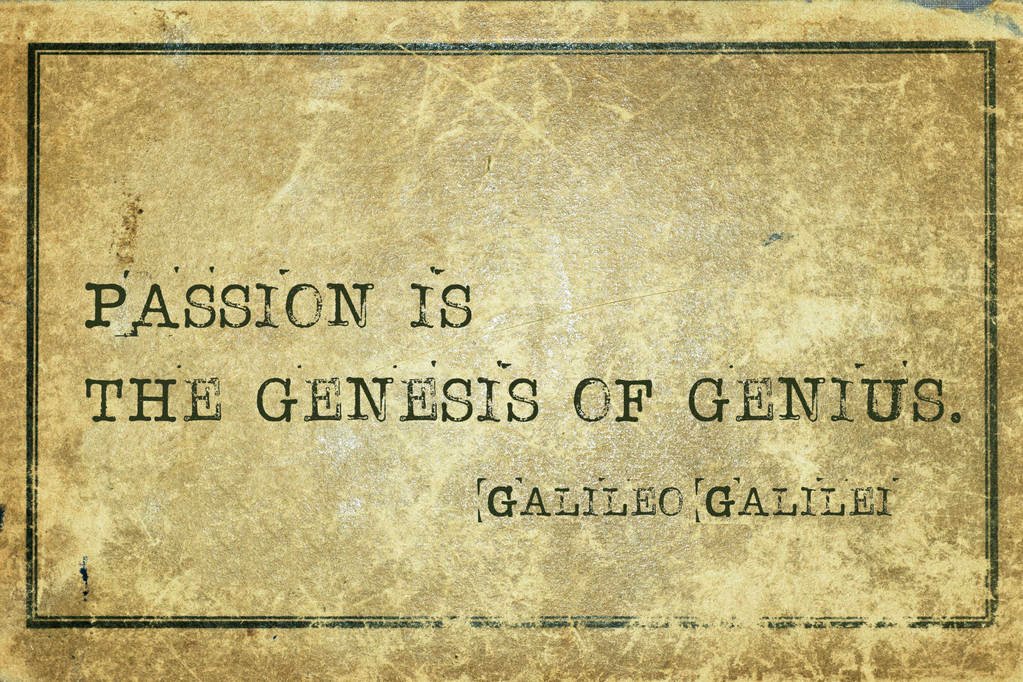Introduction
Galileo Galilei was an Italian physicist, mathematician, astronomer, and philosopher who has been hailed as the Father of Modern Science. Galileo was born in the city of Pisa in Italy in 1564 and is renowned for his contributions to the Scientific Revolution of the 17th century.
He made pioneering observations of nature that changed our understanding of the laws of motion and astronomy, and his inventions and discoveries have had a lasting impact on modern science.
Galileo’s early life was spent studying medicine and mathematics. However, he soon developed a passion for astronomy and began constructing telescopes in his spare time.
In 1609, Galileo made a momentous discovery when he pointed his telescope towards the night sky and saw the four moons of Jupiter, proving that the Earth was not the center of the universe. Galileo then published Sidereus Nuncius, or Starry Messenger, in 1610, which detailed his astronomical observations and ignited the Scientific Revolution.
Galileo’s discoveries soon put him at odds with the Catholic Church, which believed that the Earth was the center of the universe. Galileo continued to support the heliocentric theory, no matter the cost, and was eventually summoned to the Inquisition in 1633.
On account of his defiance, the Inquisition decreed that Galileo must recant his heliocentric views and sentenced him to life-long house arrest.
Despite the Inquisition’s attempts to silence Galileo, his scientific contributions and discoveries were far reaching. He made improvements to the telescope, characterized the laws of motion through inertia, and discovered the phases of Venus.
Galileo was also instrumental in the development of the Scientific Revolution, which re-defined the way we understand the universe and the laws of nature.
The importance of Galileo Galilei’s discoveries cannot be understated, and his contributions to modern science continue to be felt today. His discoveries and inventions have shaped the way we understand the universe, and his legacy has remained enduring, inspiring many generations of scientists.
In this article, we will explore the life and work of Galileo Galilei, and examine the significance of his discoveries and their relevance today.
Early Life
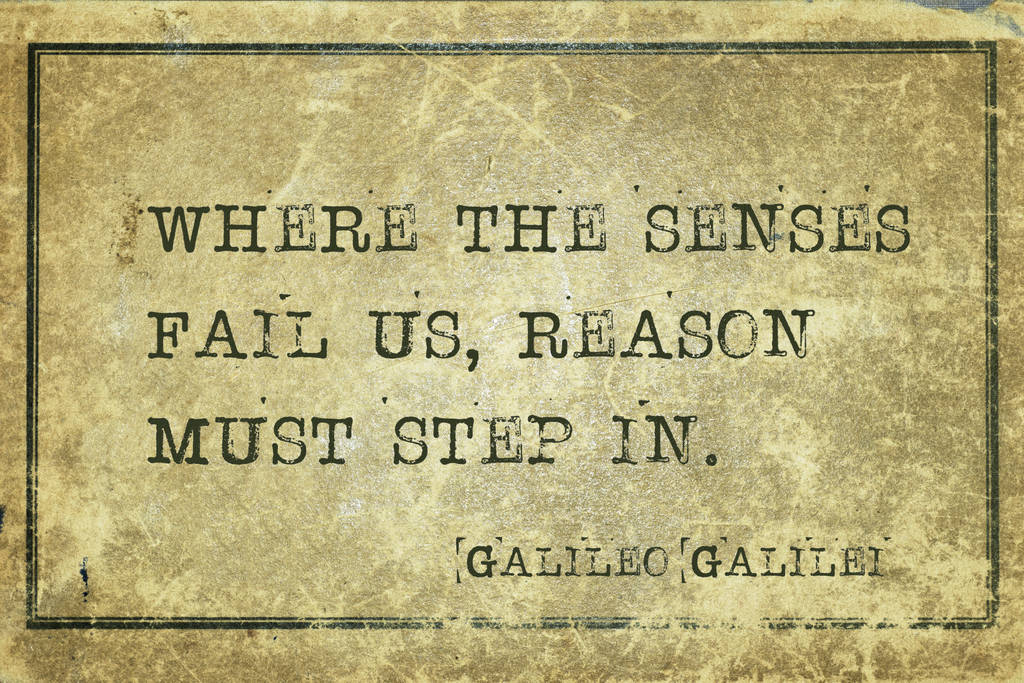
Galileo Galilei was born in Pisa, Italy in 1564, and his parents were Giulia Ammannati and Vincenzo Galilei. He was the oldest son of the family, and had two younger sisters. His father was a lutenist and music theorist, and his mother was a noblewoman.
Galileo was educated at the University of Pisa, enrolling in 1581 to study medicine, although he soon became more interested in mathematics, which turned out to be his true calling. He began to study mathematics with Ostilio Ricci, a professor at the university, and even designed his own hydrostatic balance.
Galileo’s father was very supportive of his interests, and encouraged him to continue his studies in mathematics. He even provided Galileo with a tutor, Ostilio Ricci, to help him deepen his knowledge of mathematics.
This proved to be a wise move, as Galileo soon began to make strides in mathematics, soon creating his own original theorems. He also developed an interest in mechanics and experimented with building his own mechanical devices.
Galileo eventually left the University of Pisa in 1585 without earning a degree, and his family moved to Florence. There, he continued his studies and began teaching mathematics.
During this period, Galileo started to make advancements in physics and began to formulate the concept of the centers of gravity. Meanwhile, he also dabbled in mechanics, developing designs for various machines.
In 1589, Galileo was appointed to the chair of mathematics at the University of Pisa, and published a work on the centre of gravity the following year. He also started to focus more on astronomy, and developed a strong interest in the observation of the stars and planets.
Galileo soon became known for his work and was invited to teach at the University of Padua, where he remained for 18 years. Here, he continued to make advancements in mathematics, mechanics, and astronomy. He also taught students and wrote several books on mathematics and astronomy, which helped to spread his discoveries and ideas to a wider audience.
Rise to Fame
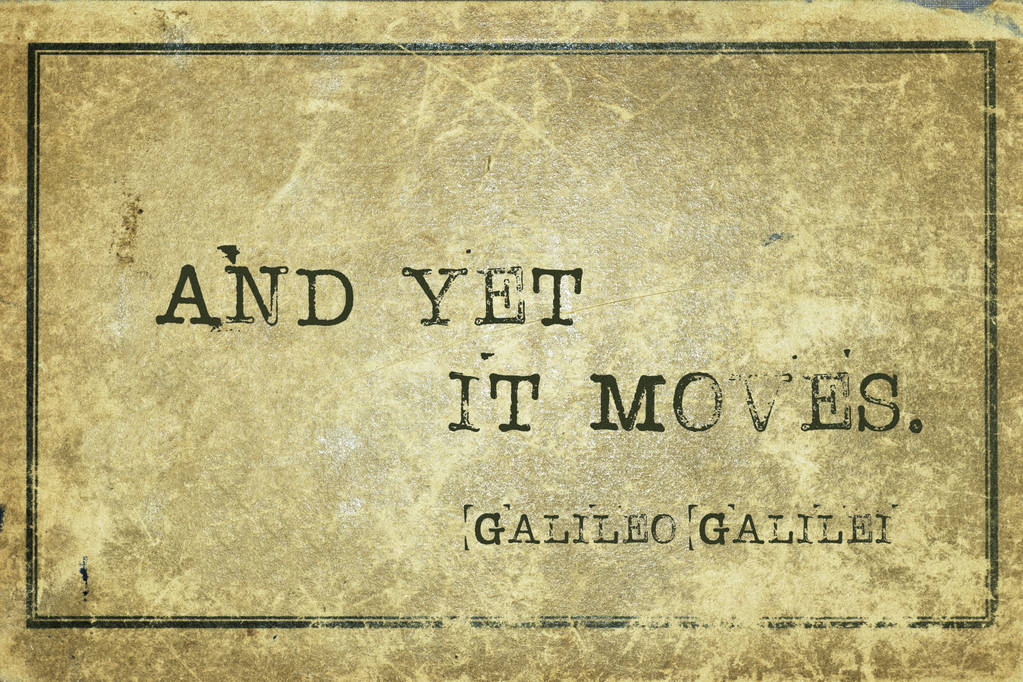
Galileo Galilei rose to fame in 1609, when he invented the telescope and became an overnight sensation. He used his telescope to observe the night sky, which allowed him to make incredible discoveries that were previously unheard of.
His observations led him to publish Sidereus Nuncius (Starry Messenger), a book that detailed his findings. This publication was the first to describe the phases of the planet Venus, the moons of Jupiter, and the spiral structure of the Milky Way.
The telescope opened up a new world of science and exploration to Galileo. With it, he could observe details of the moon and planets, like the mountains and craters of the moon, which no one had ever seen before. He was also able to measure the diameter of the moon and calculate the length of a year on Jupiter.
Galileo’s discoveries also allowed him to prove Copernicus’ theory of a heliocentric solar system. By observing the phases of the planet Venus, Galileo was able to confirm that the planet moved around the sun, rather than the earth. This supported the idea that the earth was not the center of the universe, which went against the Catholic Church’s teachings.
Galileo’s journey of discovery did not stop there. He also made improvements to the telescope, including the invention of a three-lens telescope, a higher-powered telescope, and a pendulum clock. These inventions allowed him to make even more accurate observations of the night sky.
In addition, Galileo’s experiments with motion and inertia improved our understanding of how objects move. Through his experiments, Galileo developed the three laws of motion, which laid the foundation for the development of modern physics.
Galileo’s discoveries and inventions made him a celebrity in his time and earned him a lasting reputation as one of the greats of scientific history.
Conflict with the Catholic Church
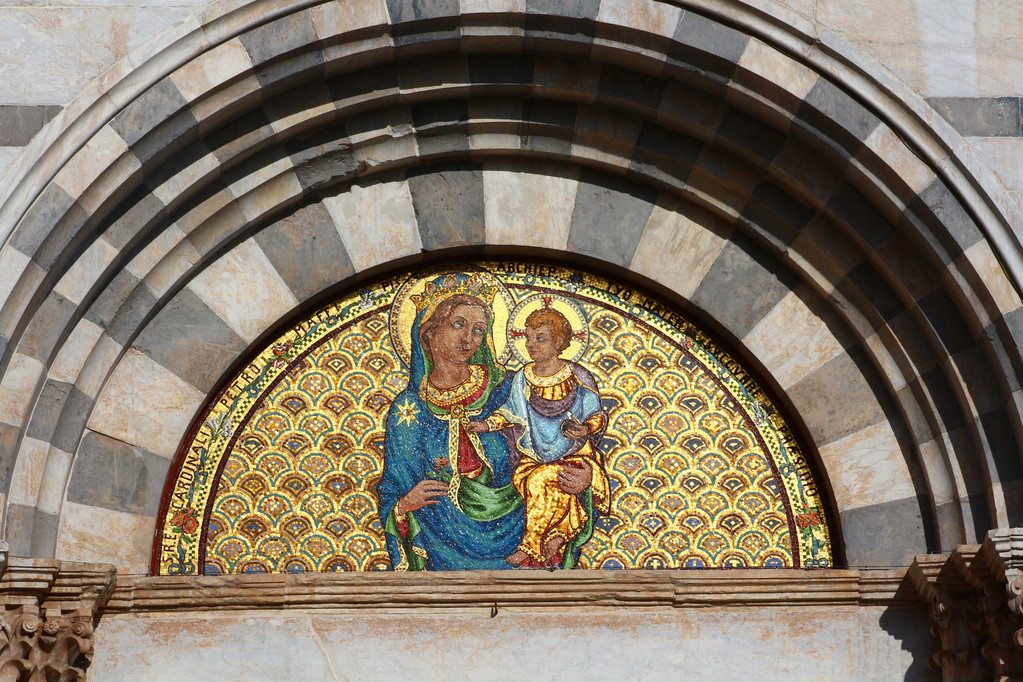
Galileo Galilei’s scientific discoveries and theories were often in conflict with the beliefs of the Catholic Church. His support of the heliocentric theory, the idea that the Sun, not the Earth, is the center of the Solar System, was viewed by the Church as heresy.
After Galileo published Sidereus Nuncius (Starry Messenger) in 1610, detailing the observations of the universe he had made with his telescope, he was summoned to Rome by the Inquisition.
At the time, the Church believed that the Earth was the center of the universe, a belief that was supported by the Bible. Despite Galileo’s attempts to explain that his discoveries were not meant to prove the Bible wrong, the Church argued that his findings contradicted its teachings.
The Inquisition ordered Galileo to stand trial, and after a period of house arrest, he was condemned for heresy. Galileo was forced to renounce his views and was sentenced to an indefinite period of house arrest.
Galileo’s conflict with the Church was especially difficult because of his strong faith. Despite the Church’s opposition to his discoveries, Galileo was deeply religious and often used religious language to describe the universe. He also believed that the universe had been created by a divine entity, and that scientific discoveries were merely a way of understanding the divine plan.
Despite the Church’s condemnation of his discoveries, Galileo continued to research and write about astronomy and mathematics.
In 1632, he published his most famous work, Dialogue Concerning the Two Chief World Systems, which argued in favor of the Copernican heliocentric system. This book caused a great deal of controversy and ultimately led to Galileo being summoned to Rome and facing trial.
Galileo’s conflict with the Church had a great impact on the world of science. His discoveries were seen as a challenge to the authority of the Church, and many scientists feared that they could be persecuted for their research. This fear led to many scientists to censor their findings, limiting the progress of science.
Galileo’s conflict with the Church was ultimately a tragedy, as it resulted in one of the most brilliant minds of the scientific revolution being silenced. Despite the controversy caused by his discoveries, Galileo left a lasting legacy of scientific achievement and his influence continues to be felt today.
Scientific Contributions
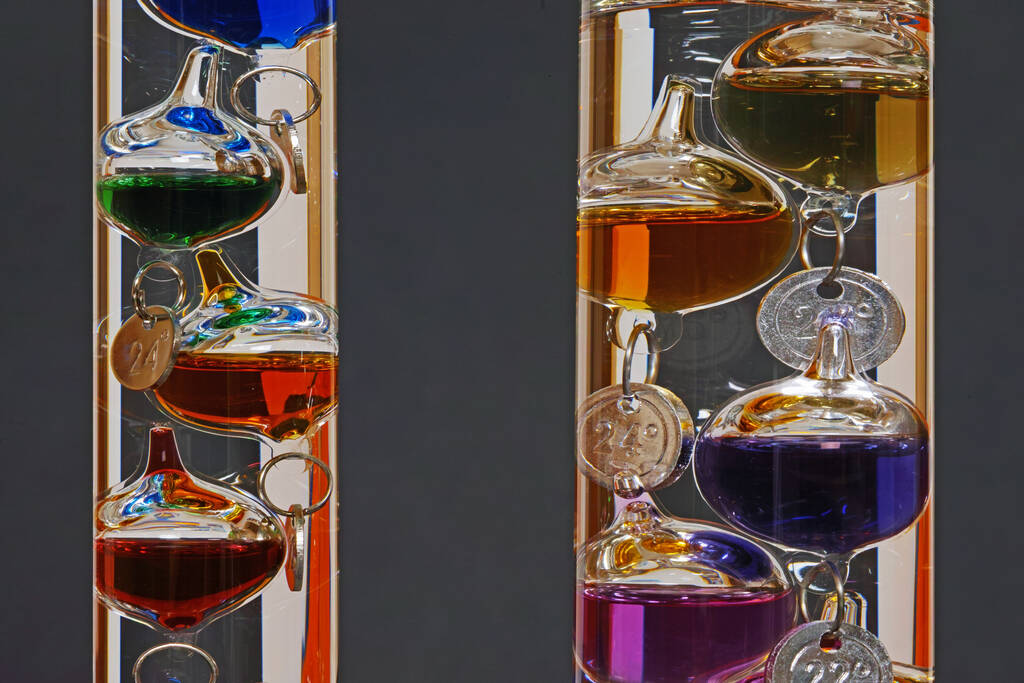
Galileo Galilei is widely regarded as the father of modern science. He made a number of significant contributions to a variety of scientific fields, including astronomy, physics, mathematics, and philosophy. His discoveries and theories were groundbreaking and revolutionized the way scientists viewed the universe.
One of Galileo’s most famous discoveries was made using his telescope. In 1609, he pointed his telescope toward the night sky and discovered four moons orbiting Jupiter.
This discovery disproved the Ptolemaic system, which claimed that all heavenly bodies revolved around the earth. Galileo’s discovery of these moons suggested that Jupiter, not the Earth, was the center of its own system.
Galileo also improved upon the telescope and contributed to the development of the scientific method. He was the first to use the telescope to observe the moon and planets, to measure their sizes, and to map their movements. His improvements to the telescope allowed him to observe the phases of Venus and to recognize the rotation of the sunspots.
Galileo also developed a law of inertia, which states that an object in motion will remain in motion unless it is acted upon by an external force. This law was the basis for Newton’s second law of motion. Moreover, Galileo’s mathematical work on kinematics, the study of objects in motion, provided a basis for the development of calculus.
Galileo’s work in physics and astronomy laid the groundwork for future scientific breakthroughs. His contributions to the field of optics, including his work on the camera obscura, enabled scientists to gain a better understanding of light and its properties. He also formulated theories on the nature of matter and energy, which later formed the basis for thermodynamics.
Finally, Galileo contributed to the development of philosophy. His observations of the universe led him to question the traditional philosophical views of the time, which sought to explain the natural world using divine principles. Instead, he proposed a more rational approach to explaining the universe, which later became known as the scientific method.
Galileo Galilei’s contributions to science were groundbreaking and revolutionized the way scientists viewed the universe. His discoveries and theories paved the way for future scientific breakthroughs and have had an enduring impact on modern science.
Legacy
Galileo Galilei is remembered as one of the most important figures in the history of science. His discoveries and inventions have had a lasting impact on the Scientific Revolution and modern science.
Galileo’s discoveries revolutionized the understanding of the laws of nature and the universe. He is credited with the discovery of the moons of Jupiter, which proved that the sun was not the only celestial object to have orbiting bodies.
He also made significant improvements to the telescope, allowing him to improve his observations of the moon, stars, and planets. Galileo also characterized motion through inertia, which was an important step in the development of classical mechanics.
His publications, including Sidereus Nuncius (Starry Messenger) and Dialogues Concerning Two New Sciences, have also had a lasting influence on modern science. His work provided evidence for the revolution of the earth around the sun, and his experiments and observations on motion have been cited in virtually every physics text book.
Galileo’s legacy is still felt today. His discoveries and inventions have expanded our knowledge of the universe and continue to inspire generations of scientists. He is remembered as a courageous defender of scientific truth and a pioneer in the scientific method. His work continues to be studied and admired, and his contributions to modern science are undeniable.
Galileo cannot be understated in his importance to science. His discoveries and inventions have had a profound and lasting impact on the Scientific Revolution and modern science. His legacy will continue to influence science for generations to come.
Conclusion
Galileo Galilei is widely regarded as the father of modern science and his accomplishments have had a lasting impact throughout history. His discoveries gave us a greater understanding of the laws of nature and shaped the Scientific Revolution of the 17th century.
Galileo was a revolutionary thinker who wasn’t afraid to challenge the status quo and speak out against the Catholic Church. He was willing to risk his own safety and reputation in order to make groundbreaking discoveries about the universe.
Galileo’s discoveries and theories still remain relevant today. His invention of the telescope revolutionized our view of the universe and opened up an entirely new realm for exploration. His characterization of motion through inertia has been instrumental for the development of physics and mechanics.
His observation of the moons of Jupiter showed us that the universe is much bigger than we thought and that the sun isn’t the only source of light in the sky.
Galileo’s legacy has had a lasting impact on our knowledge and understanding of the universe. He was a true pioneer in the field of science and his discoveries have shaped the course of history. His courage and determination to pursue the truth has inspired generations of scientists and thinkers alike.
Today, Galileo is remembered as a revolutionary thinker whose work has left an indelible mark on science. His contributions are invaluable and will forever be remembered. His discoveries changed the way we view and understand the universe and paved the way for further exploration.
We owe a great debt of gratitude to Galileo Galilei for his contributions and dedication to science.

